The ambient weather was honestly pretty miserable - similar to what we had been experiencing in Paris since Christmastime - an almost constant drizzle of rain accompanied by very cold temperatures and wind that blew the rain into your face seemingly in no matter which direction you walked. Consequently, I have very few photos to post from those visits!
In 1106, two sons of William the Conqueror were at odds and battling each other for control of territory in Normandy. Henri Beauclerc, then King Henry I of England, was one of those sons. Henry was called "Beauclerc," meaning "fine scholar," allegedly because he could read and write. He was at war with his elder brother, the Duke of Normandy, Robert Curthose (or Courtheuse "short stockings" - indicating that he was short in stature).
Why, you ask, was Henry the King of England, rather than Robert, as Robert was the eldest brother? Well, it's complicated. Suffice it for now to say that Robert had issues.
In 1077 Robert had rebelled against his father William, and in 1079 defeated him in a battle, wounding William and knocking him off his horse - supposedly before realizing he was in direct combat with his father. There was no love lost.
Henry's troops passed along the edges of a thick forest (la Lande Pourrie) in the area that now encompasses Beauchêne, on the side closest to Lonlay. When they paused for a rest, Vital said mass there under a grand tree in the presence of the army. It is thought that it was this "fine oak" or "beau chêne" that became the namesake for a settlement there.
Henry Beauclerc ruled over both England and Normandy until his death in 1135.
Some of the surnames are the same that I saw mentioned from the time of the French Revolution in a history of Beauchêne. For example, Beauchêne's second mayor after the Revolution was a Denis Aumont, later followed by a Jean Lelièvre in 1792.
Sadly, we can see here that a P. Lelièvre is commemorated as having given his life in World War I, along with not one, but four Aumonts. Were they all brothers? Cousins? We can only imagine the painful cost of war in small French communes such as Beauchêne.
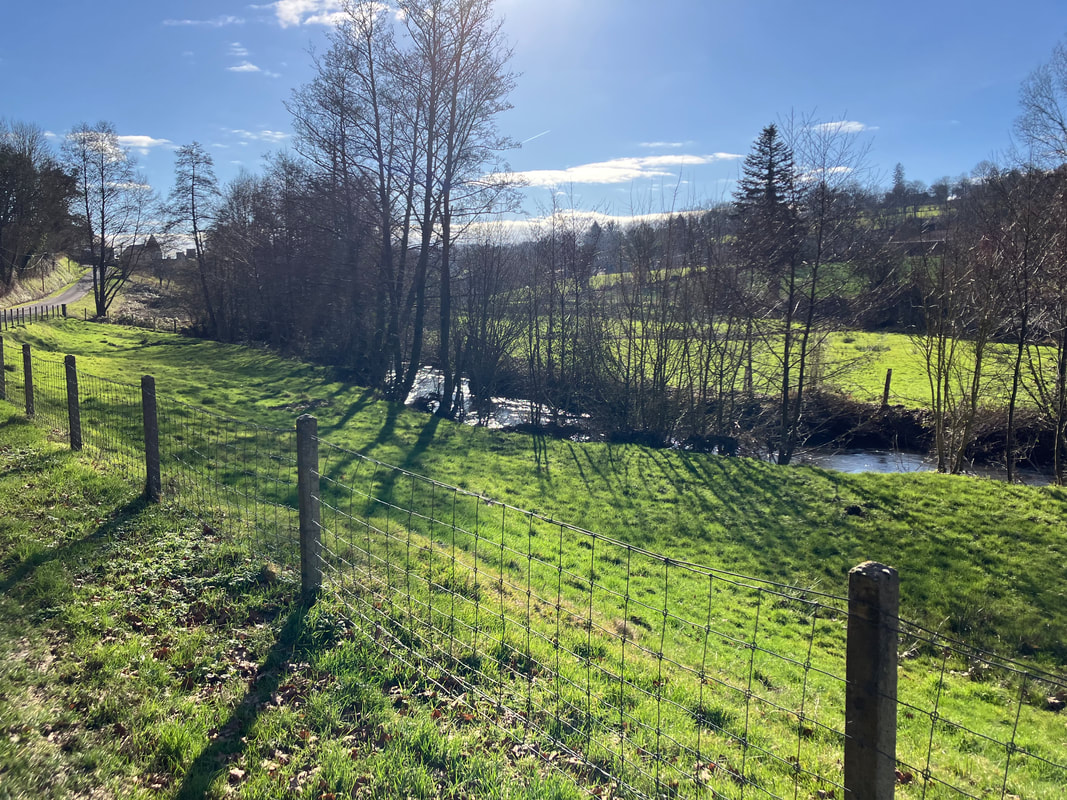
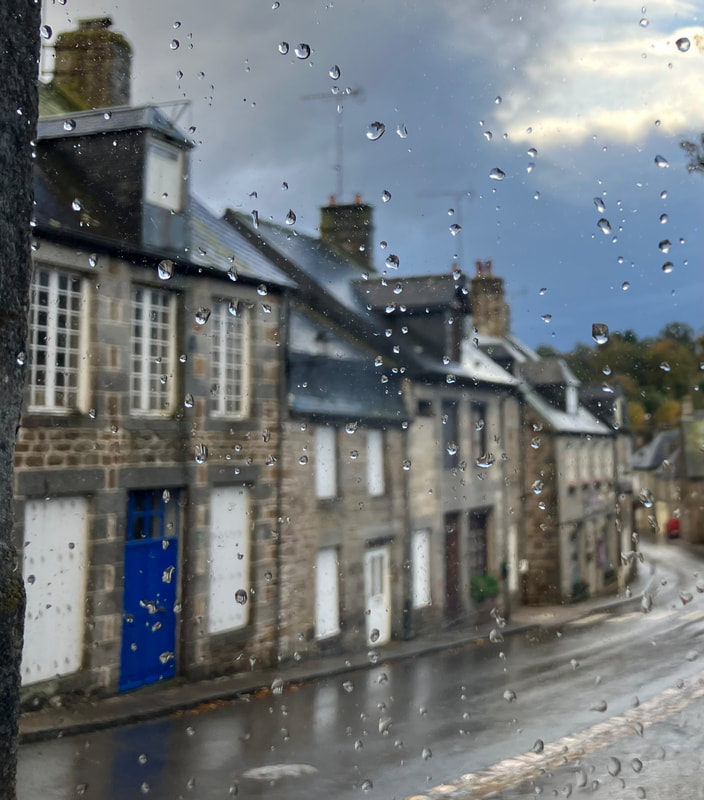

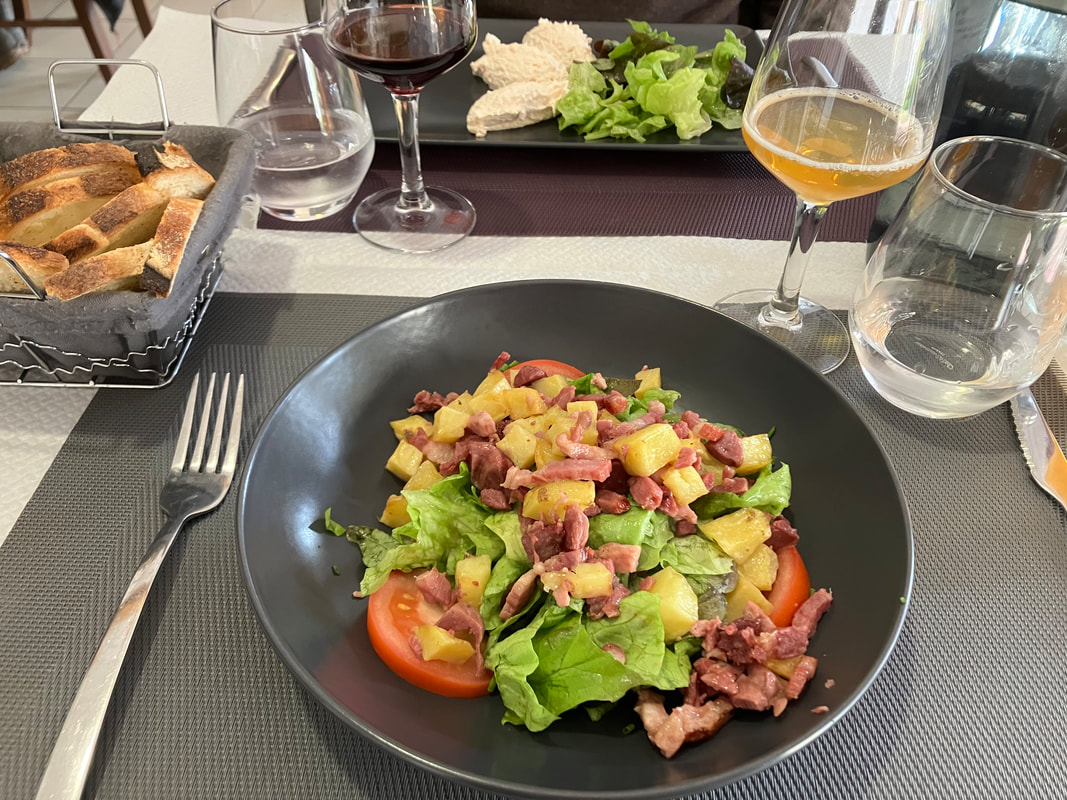
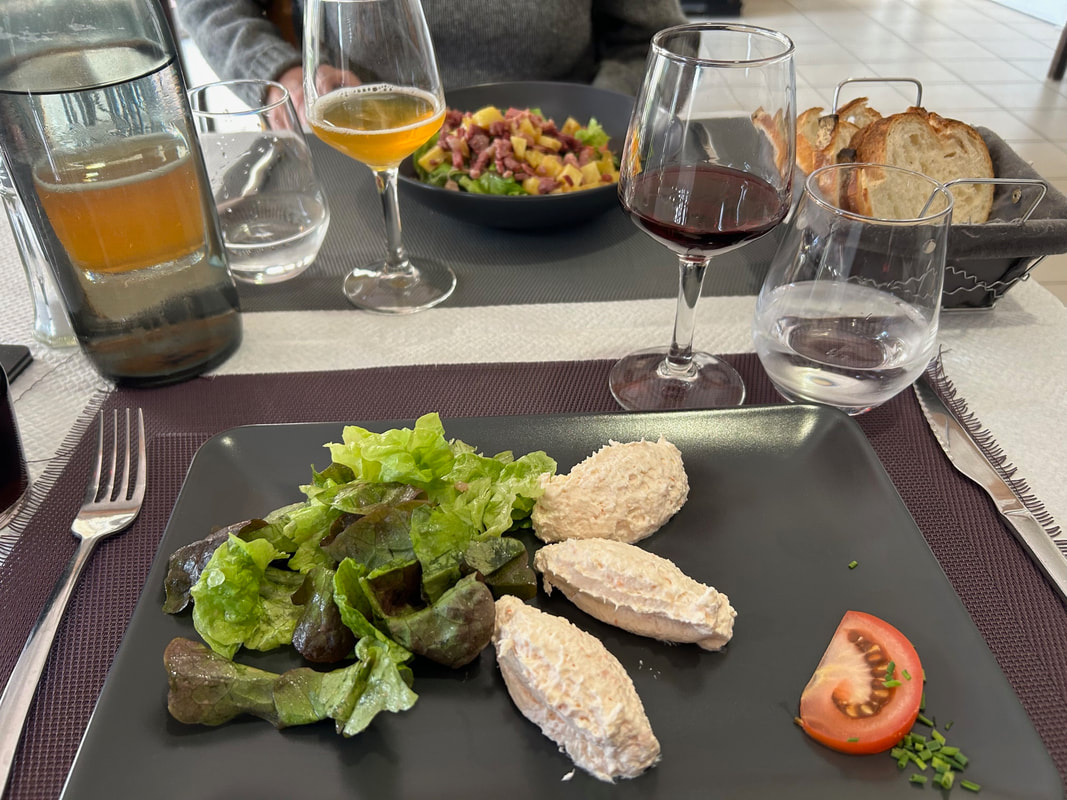
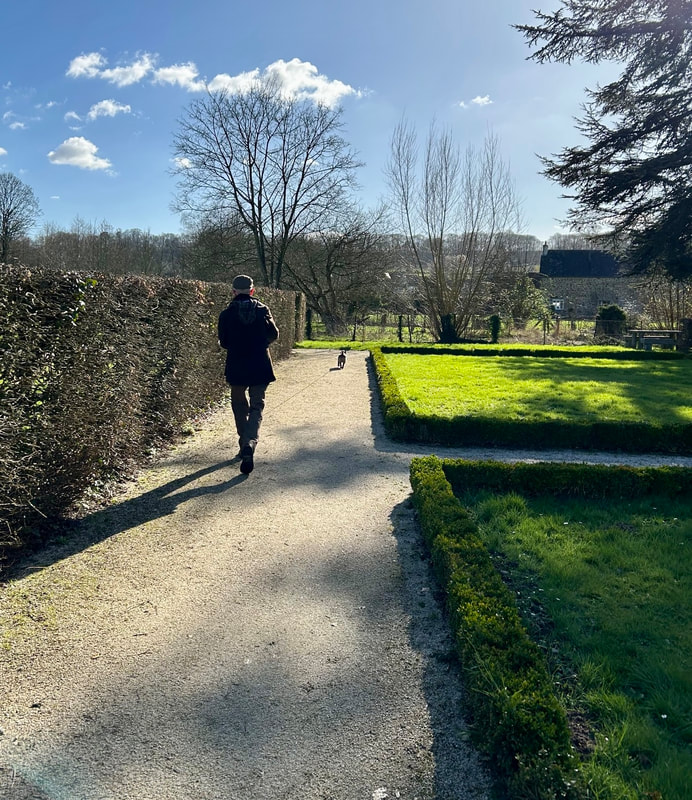
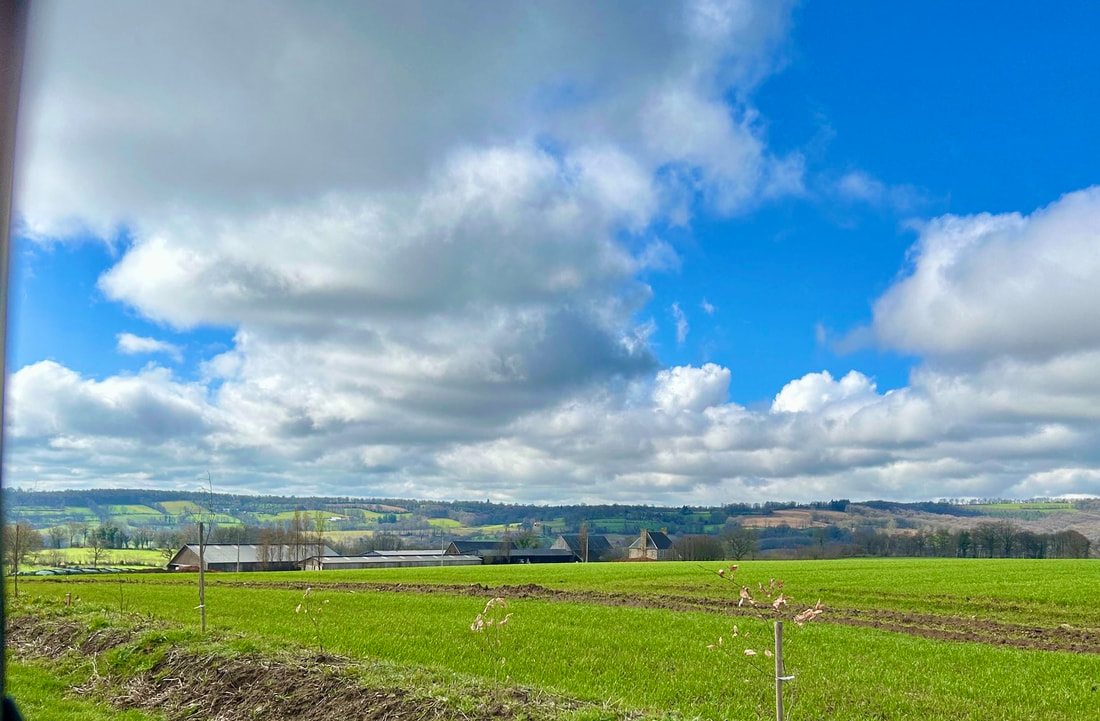
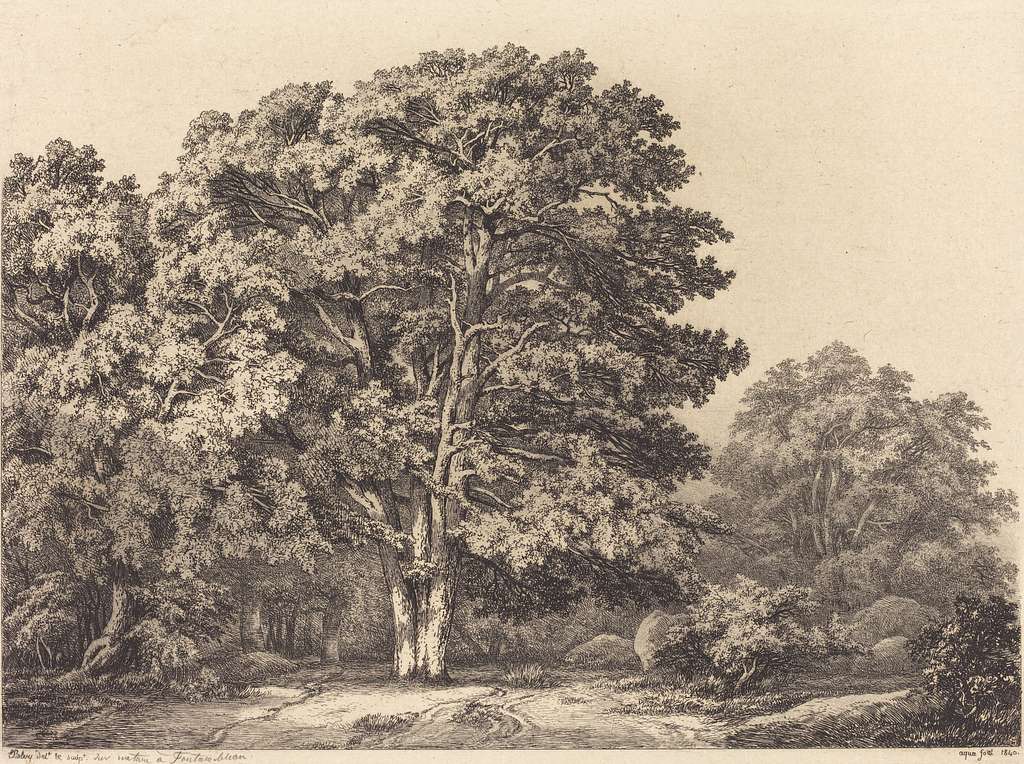
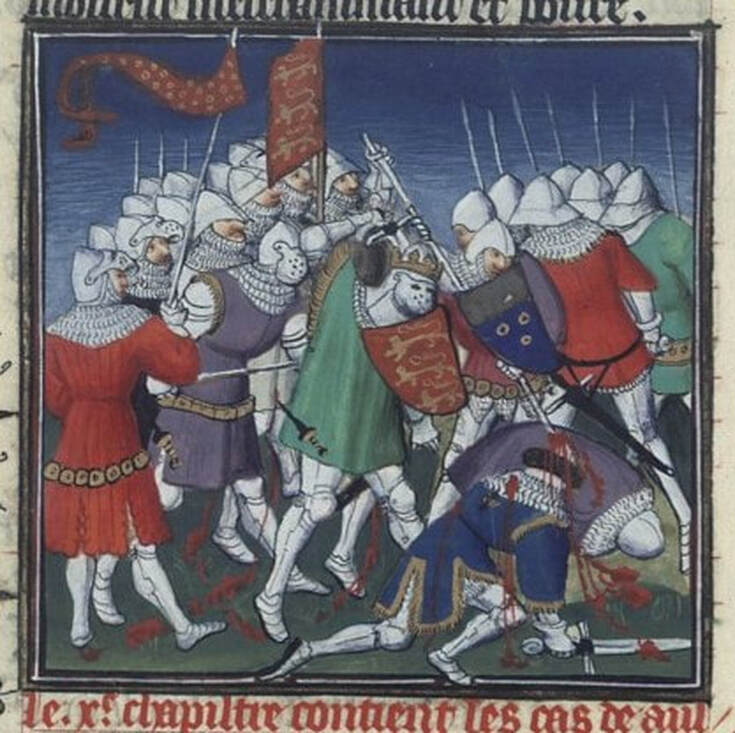
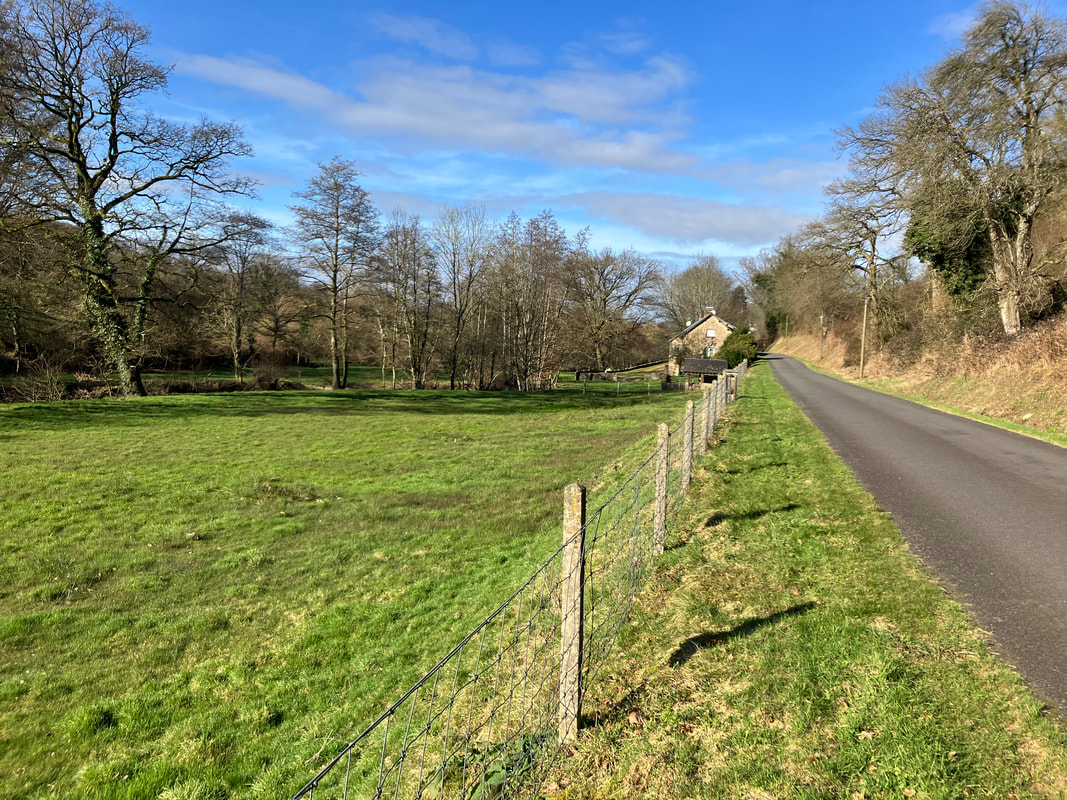
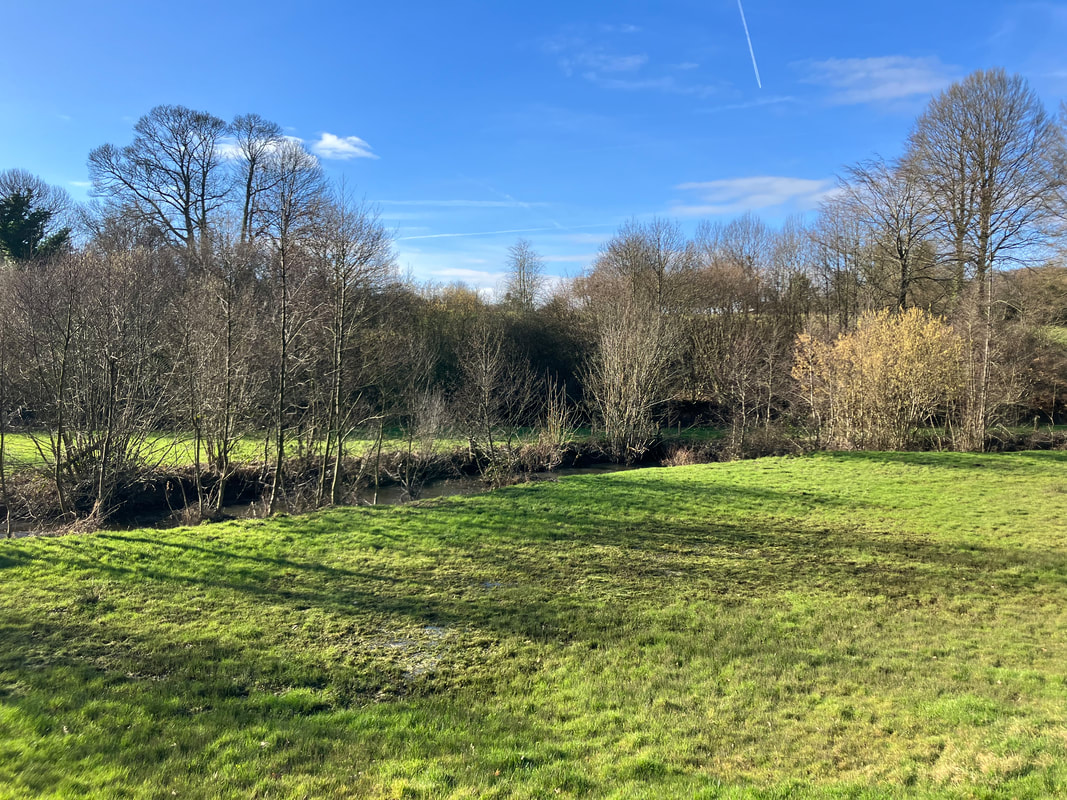
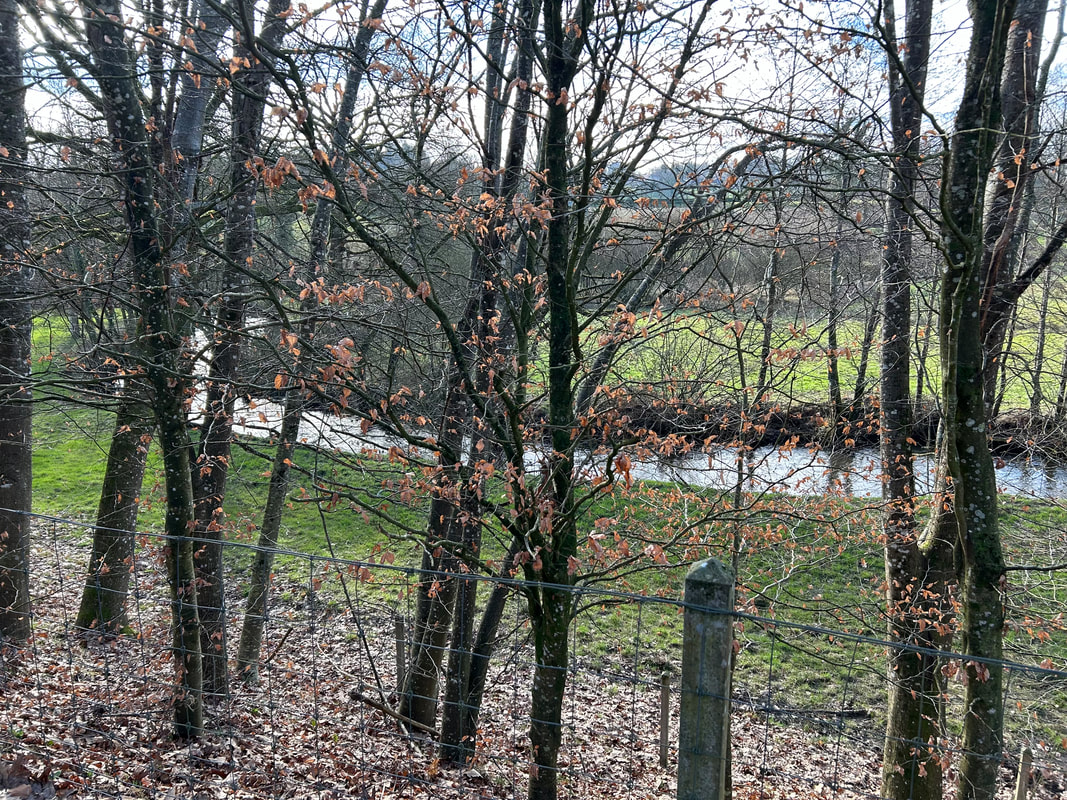
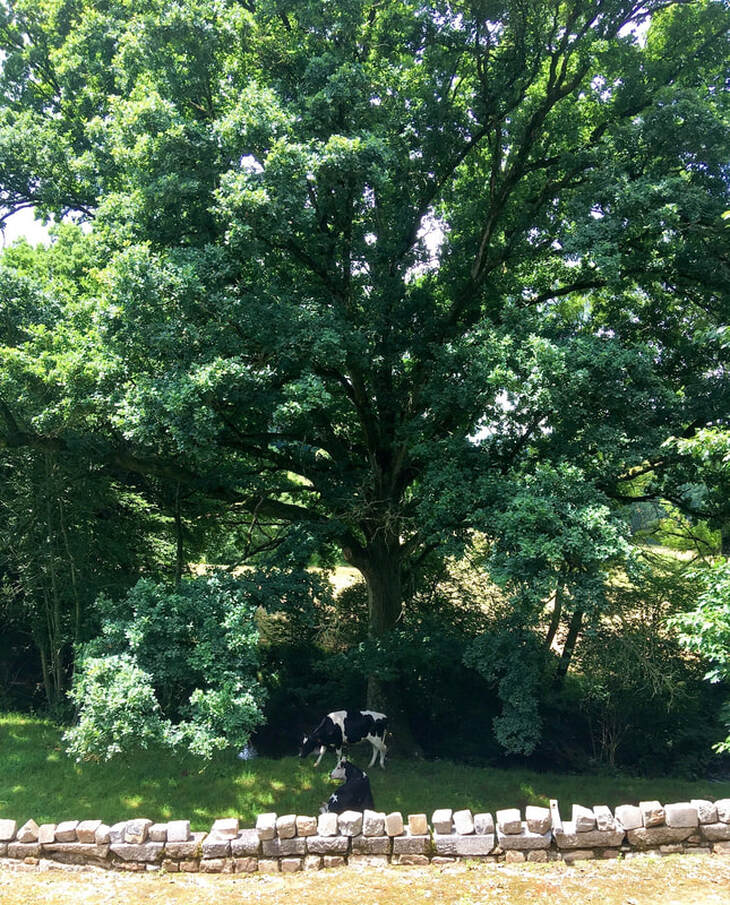
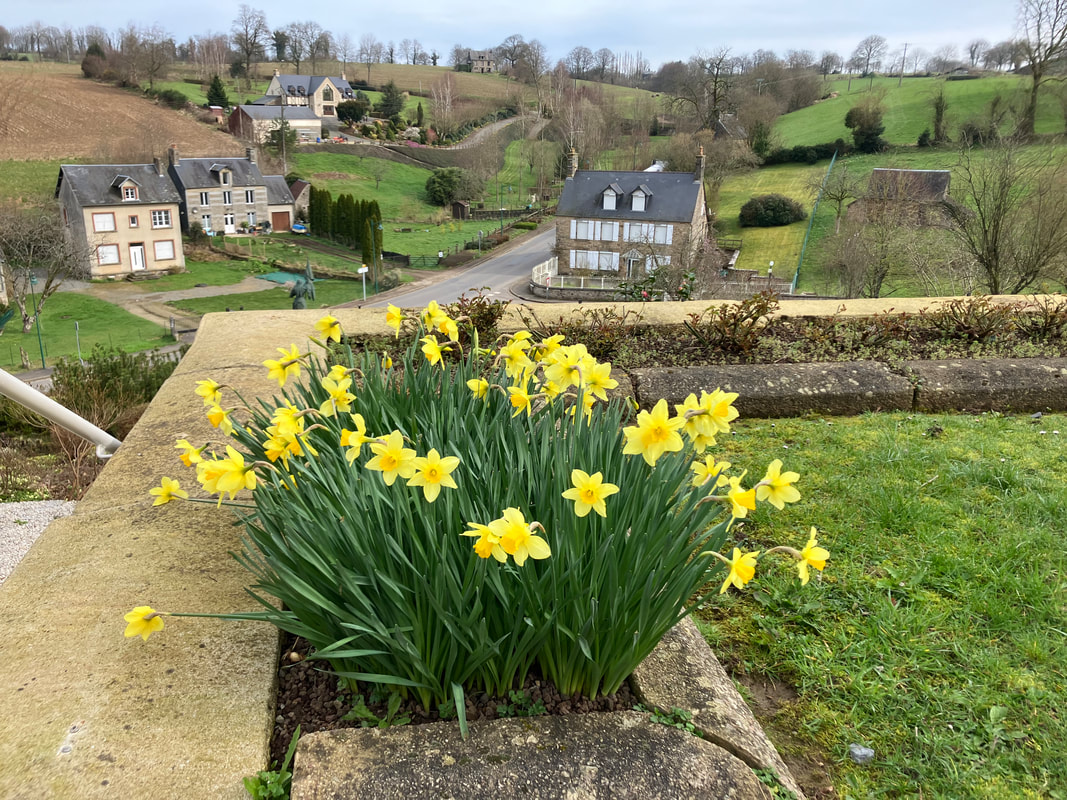
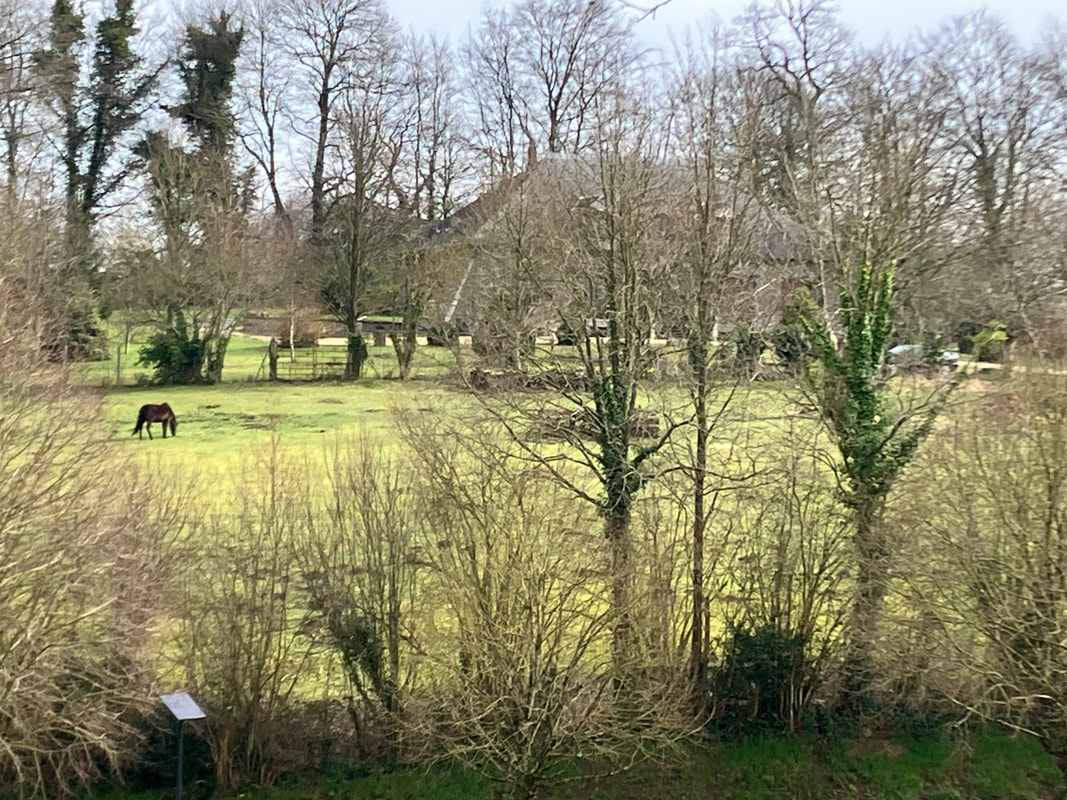
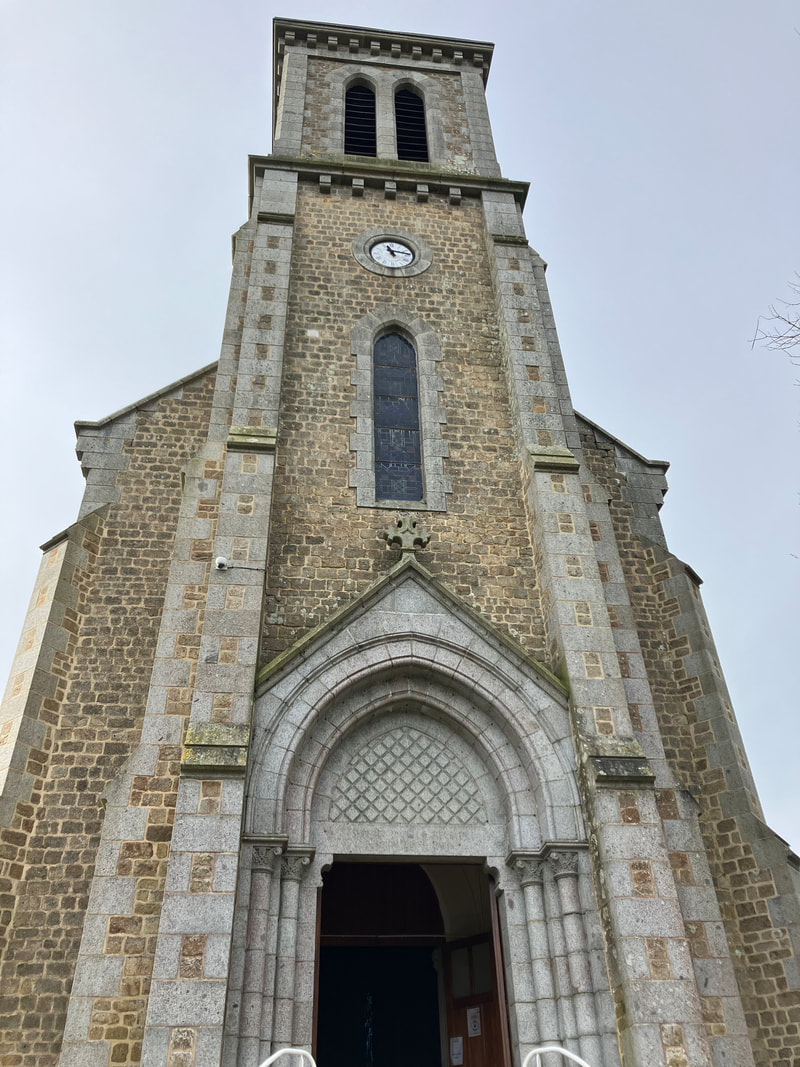
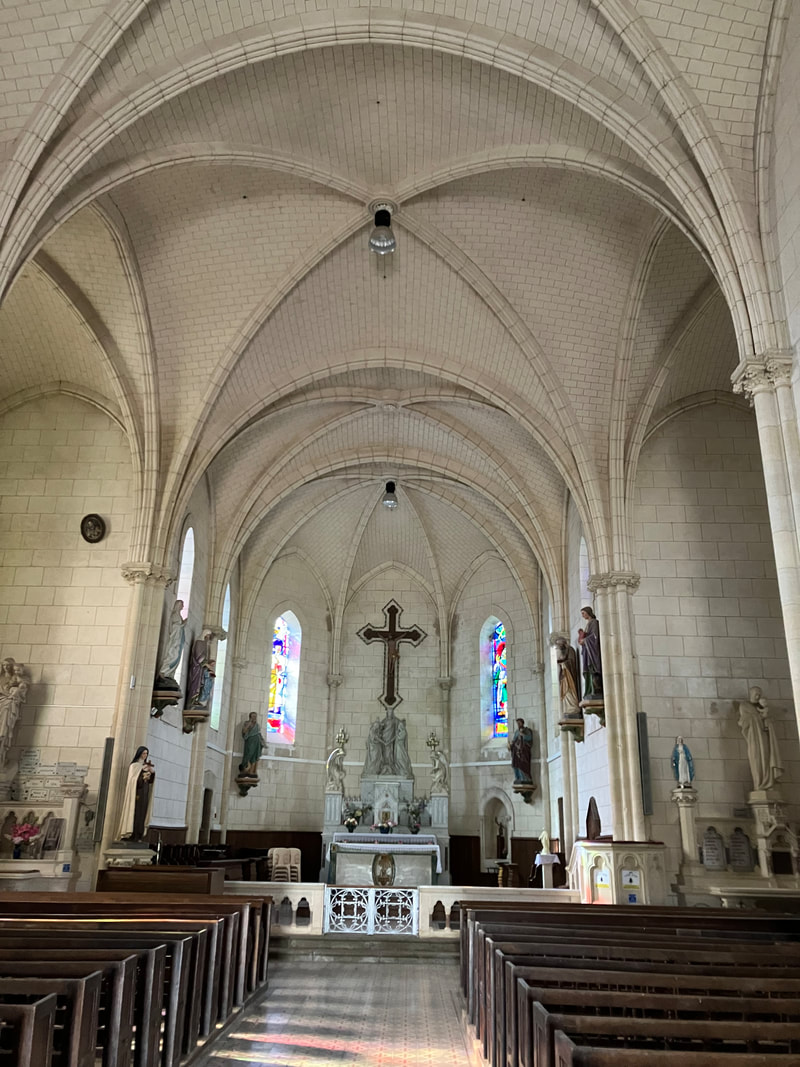

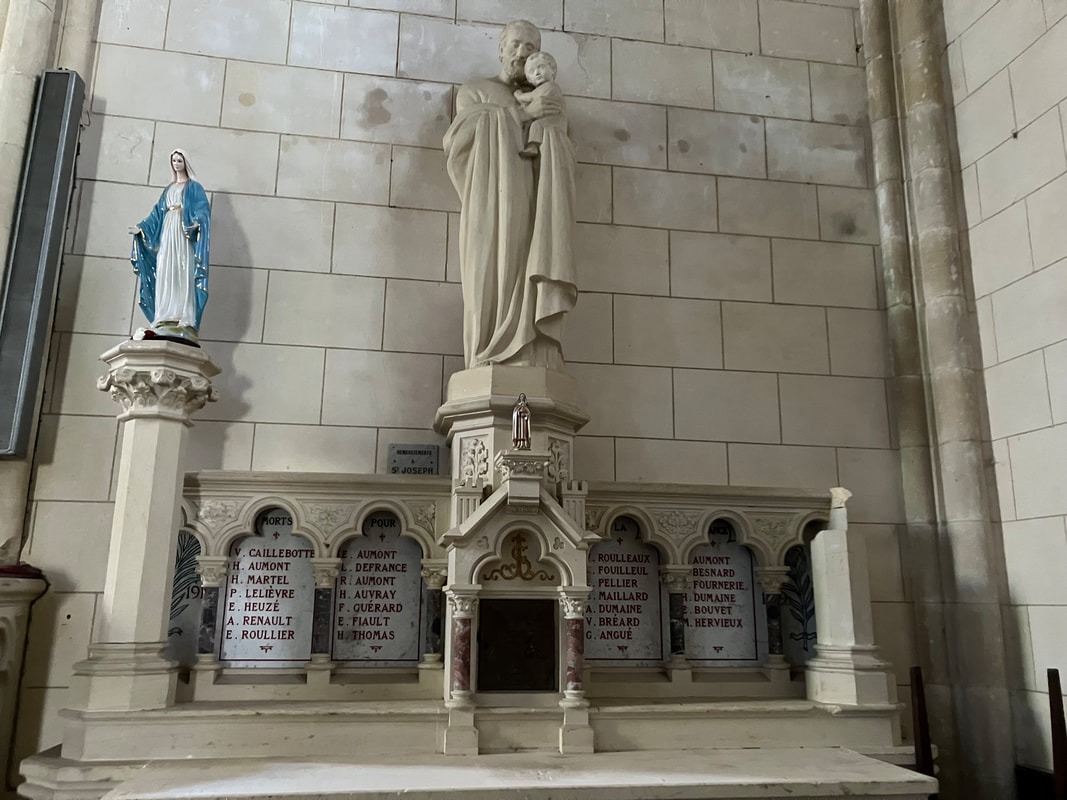
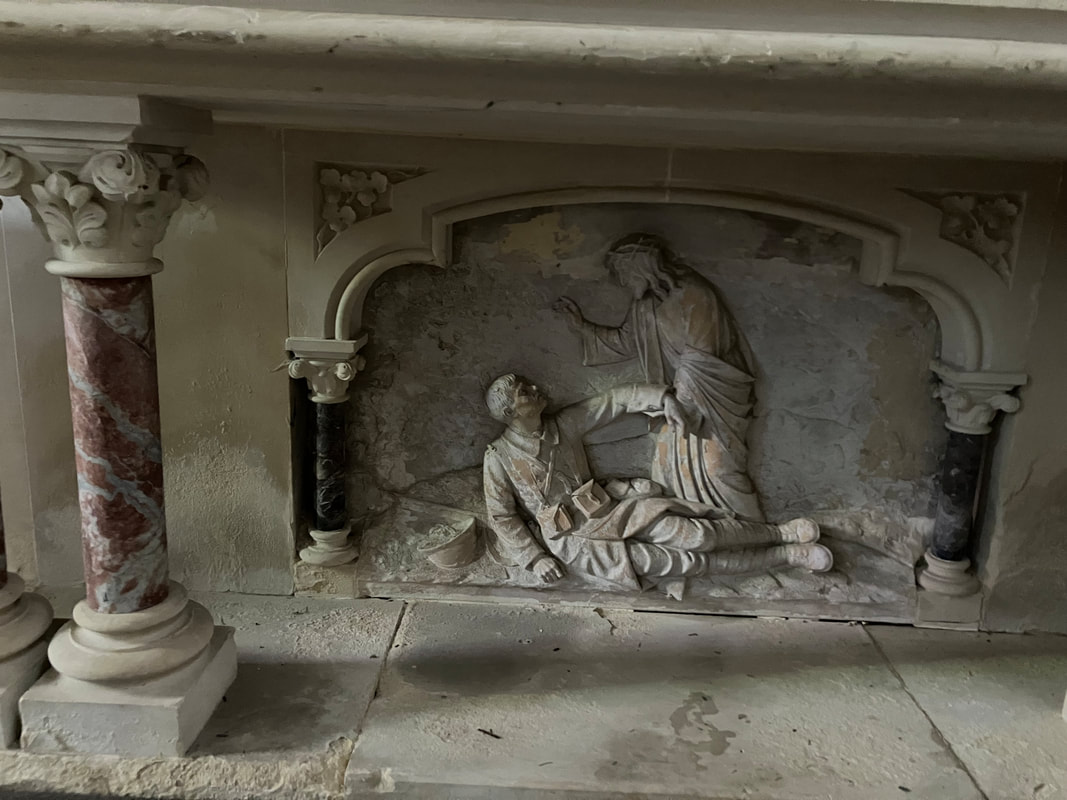
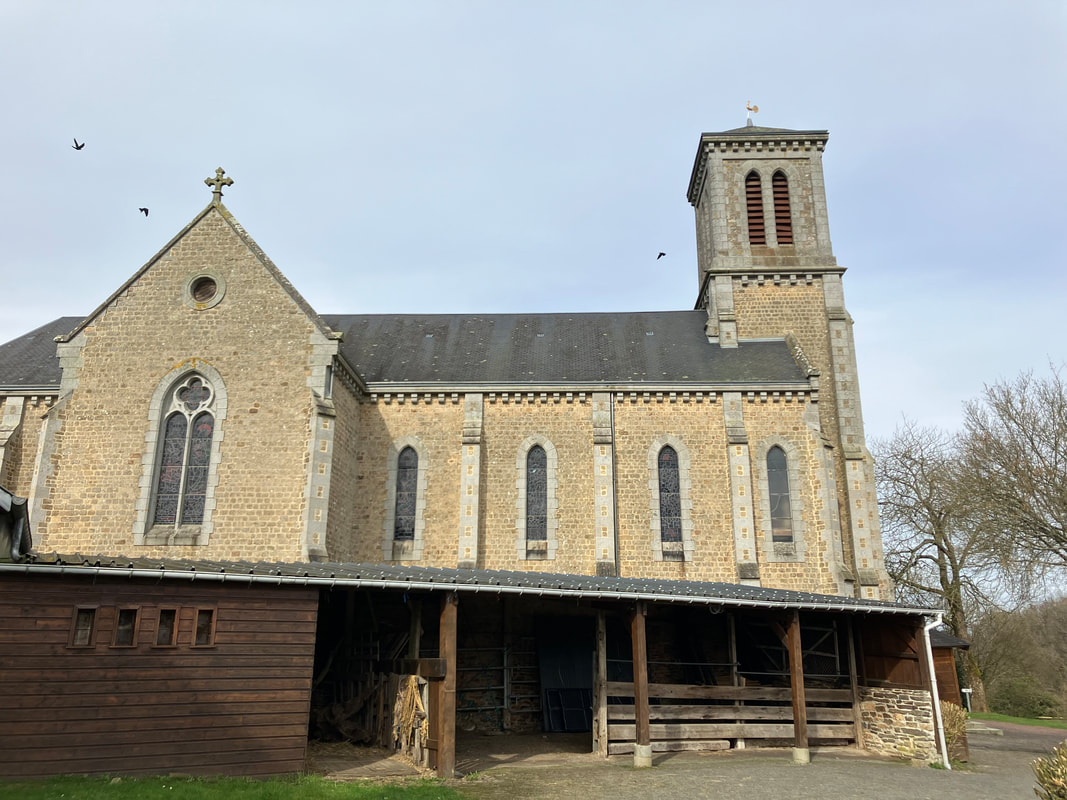
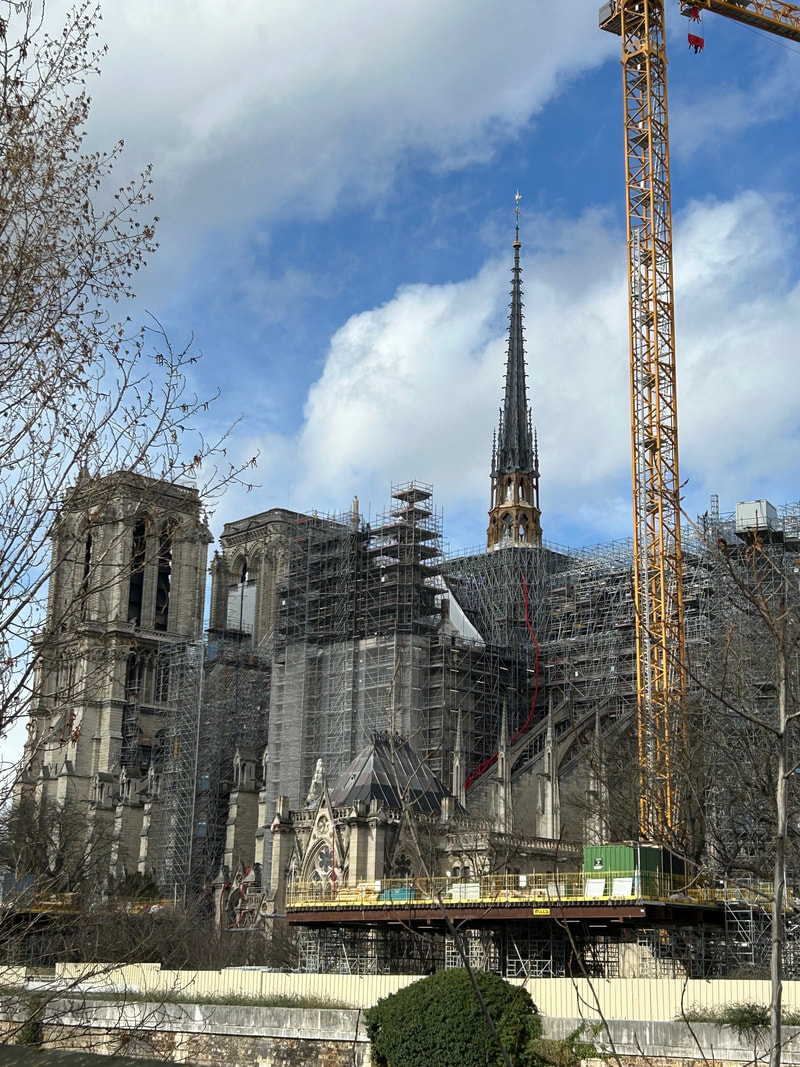
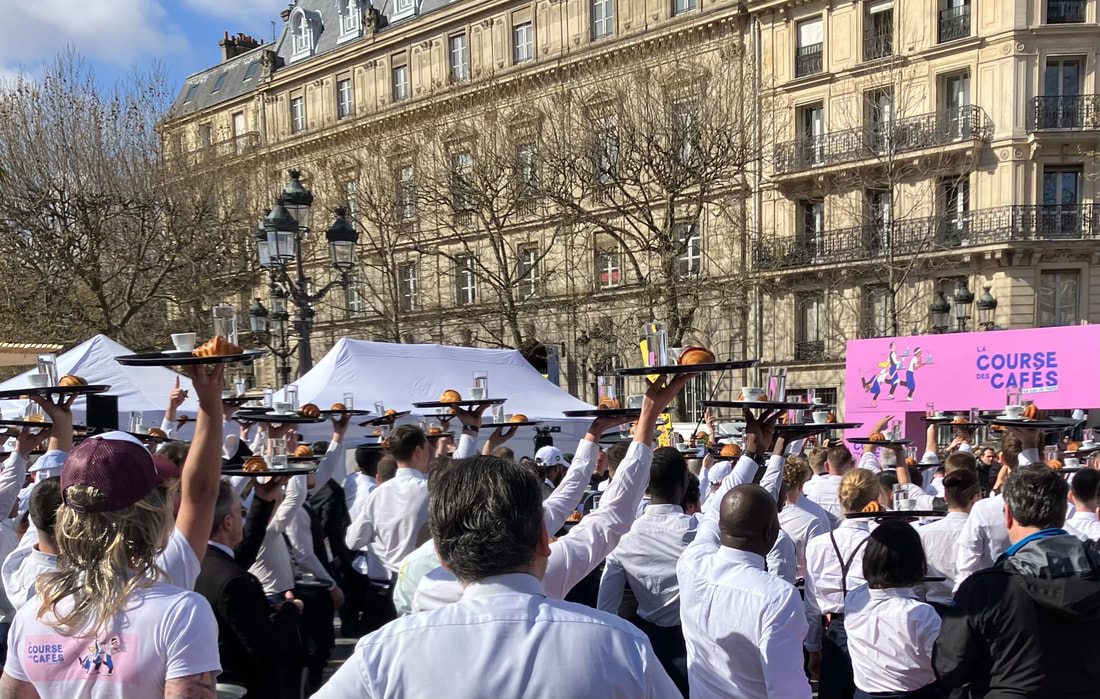
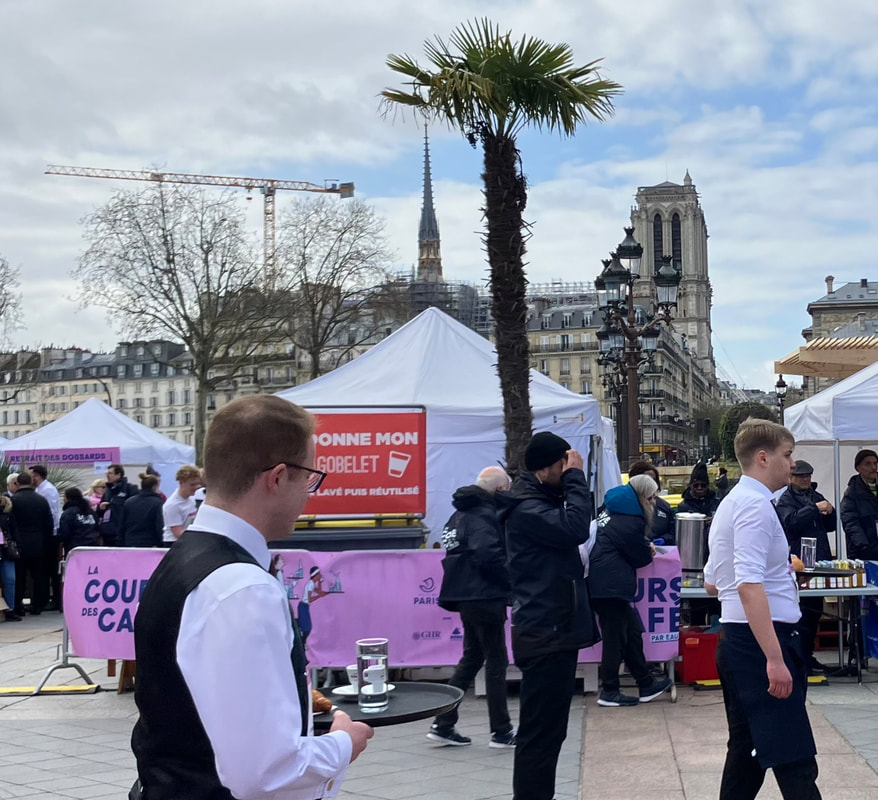

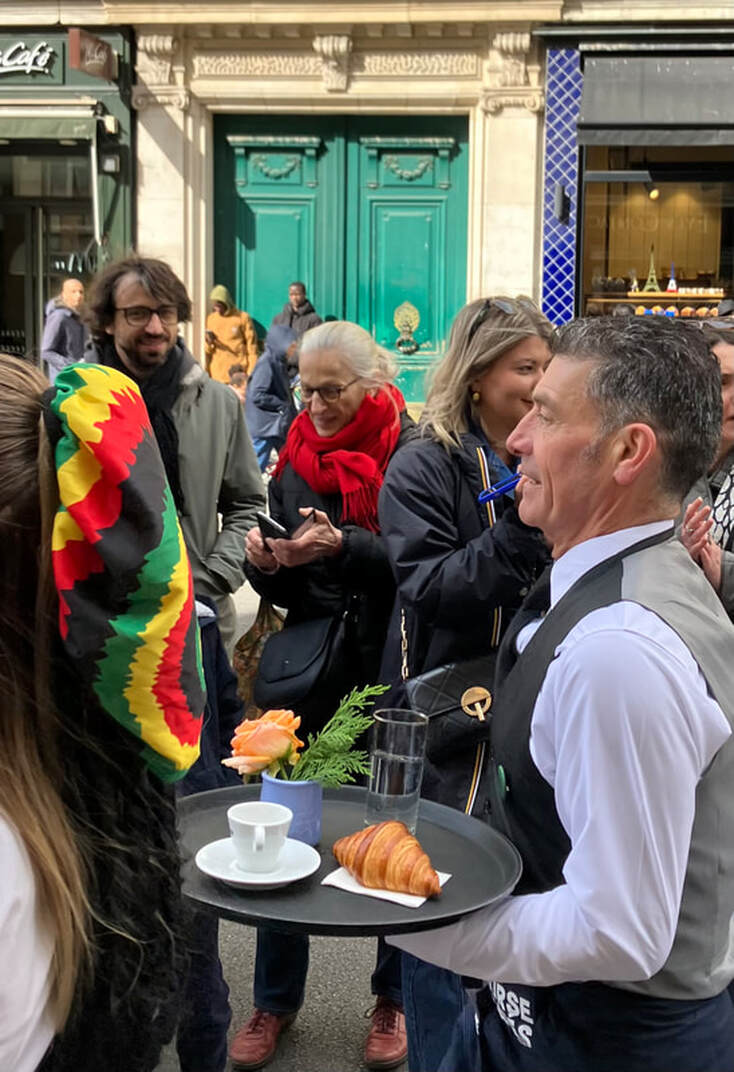
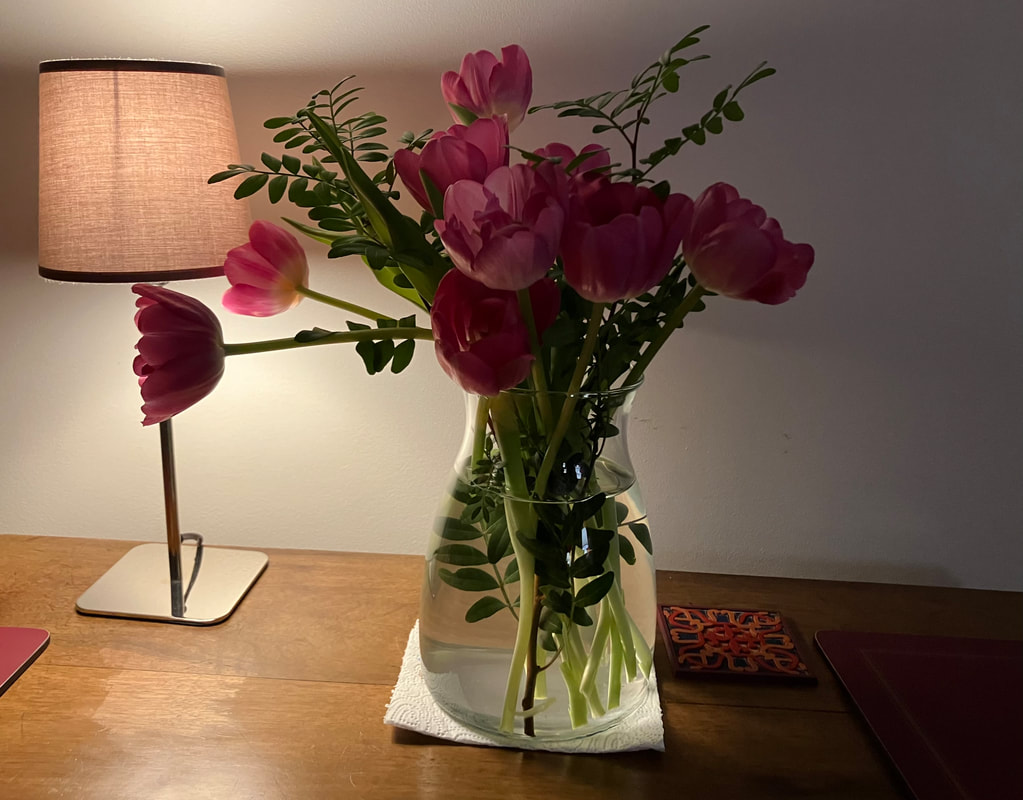
 RSS Feed
RSS Feed